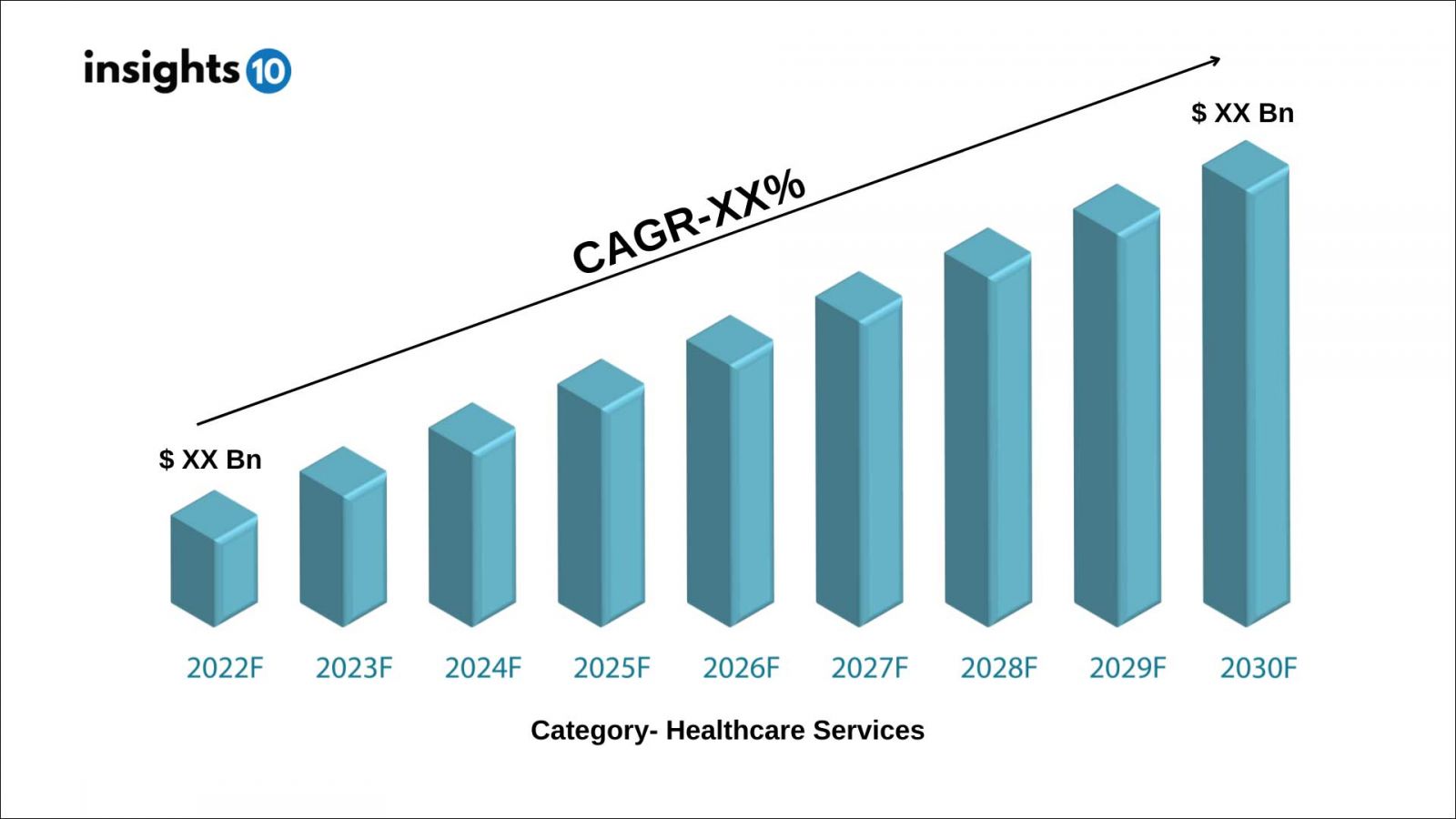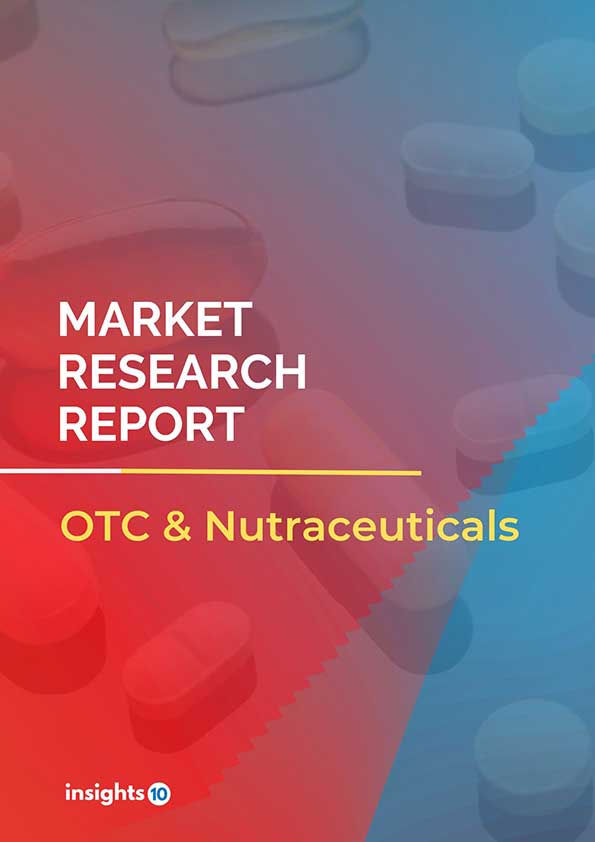Libya Bioinformatics Market Analysis
This report presents a strategic analysis of the Libya Bioinformatics Market and a forecast for its development in the medium and long term. It provides a broad overview of the market dynamics, trends and insights, growth drivers and restraints, segmentation, competitive landscape, healthcare policies and regulatory framework, reimbursement scenario, challenges and future outlook. This is one of the most comprehensive reports about the Libya Bioinformatics Market, offering unmatched value, accuracy and expert insights.
Buy Now

Libya Bioinformatics Market Executive Summary
The market is driven by strong government support through initiatives aimed at the modernization of the regulatory framework, improvements in approval processes & reimbursement policies, as well as standardization of clinical studies. The rise in adoption of tissue culture technology for the production of novel rice variants and disease- & pest-free banana varieties in regions of South Asia and Africa, and the use of the technology for cloning of disease-free and nutritious plant varieties have propelled the agricultural applications for biotechnology. The market is also driven by the presence of a strong clinical trial pipeline and funding opportunities available in tissue engineering and regeneration technologies.
Market Size and Key Findings
The Libya Bioinformatics Market size is at around US $ xx Bn in 2021 and is projected to reach US $ xx Bn in 2030, exhibiting a CAGR of xx% during the forecast period.
Libya Bioinformatics Market Size (In USD Bn)
(2021-2030F)

Market Dynamics
Market Growth Drivers Analysis
Rising demand for biotechnology tools for agricultural applications including micropropagation, molecular breeding, tissue culturing, conventional plant breeding & development of genetically modified crops, among others, have also boosted the market growth.
Market Restraints
The clinical success of leading gene therapy players such as promising results from an in vivo CRISPR treatment for transthyretin amyloidosis, developed by Intellia Therapeutics and Regeneron, are significantly affecting the market growth.
Competitive Landscape
Key Players
Major players in Bioinformatics Market are Agilent Technologies, Inc., Biomax Informatics AG, DNAnexus, Inc., Genedata AG, Intrexon Bioinformatics Germany GmbH, Illumina Inc., Perkinelmer Inc., Qiagen N.V., Seven Bridges Genomics Inc., Thermo Fisher Scientific, Inc., amongst others.
1. Executive Summary
1.1 Service Overview
1.2 Global Scenario
1.3 Country Overview
1.4 Healthcare Scenario in Country
1.5 Healthcare Services Market in Country
1.6 Recent Developments in the Country
2. Market Size and Forecasting
2.1 Market Size (With Excel and Methodology)
2.2 Market Segmentation (Check all Segments in Segmentation Section)
3. Market Dynamics
3.1 Market Drivers
3.2 Market Restraints
4. Competitive Landscape
4.1 Major Market Share
4.2 Key Company Profile (Check all Companies in the Summary Section)
4.2.1 Company
4.2.1.1 Overview
4.2.1.2 Product Applications and Services
4.2.1.3 Recent Developments
4.2.1.4 Partnerships Ecosystem
4.2.1.5 Financials (Based on Availability)
5. Reimbursement Scenario
5.1 Reimbursement Regulation
5.2 Reimbursement Process for Services
5.3 Reimbursement Process for Treatment
6. Methodology and Scope
Bioinformatics Market Segmentation
By Technology (Revenue, USD Billion):
- Knowledge Management Tools
- Bioinformatics Platforms
- Bioinformatics Services
By Application (Revenue, USD Billion):
- Metabolomics
- Molecular phylogenetics
- Transcriptomics
- Chemoinformatic & drug design
- Genomics
- Others
Methodology for Database Creation
Our database offers a comprehensive list of healthcare centers, meticulously curated to provide detailed information on a wide range of specialties and services. It includes top-tier hospitals, clinics, and diagnostic facilities across 30 countries and 24 specialties, ensuring users can find the healthcare services they need.
Additionally, we provide a comprehensive list of Key Opinion Leaders (KOLs) based on your requirements. Our curated list captures various crucial aspects of the KOLs, offering more than just general information. Whether you're looking to boost brand awareness, drive engagement, or launch a new product, our extensive list of KOLs ensures you have the right experts by your side. Covering 30 countries and 36 specialties, our database guarantees access to the best KOLs in the healthcare industry, supporting strategic decisions and enhancing your initiatives.
How Do We Get It?
Our database is created and maintained through a combination of secondary and primary research methodologies.
1. Secondary Research
With many years of experience in the healthcare field, we have our own rich proprietary data from various past projects. This historical data serves as the foundation for our database. Our continuous process of gathering data involves:
- Analyzing historical proprietary data collected from multiple projects.
- Regularly updating our existing data sets with new findings and trends.
- Ensuring data consistency and accuracy through rigorous validation processes.
With extensive experience in the field, we have developed a proprietary GenAI-based technology that is uniquely tailored to our organization. This advanced technology enables us to scan a wide array of relevant information sources across the internet. Our data-gathering process includes:
- Searching through academic conferences, published research, citations, and social media platforms
- Collecting and compiling diverse data to build a comprehensive and detailed database
- Continuously updating our database with new information to ensure its relevance and accuracy
2. Primary Research
To complement and validate our secondary data, we engage in primary research through local tie-ups and partnerships. This process involves:
- Collaborating with local healthcare providers, hospitals, and clinics to gather real-time data.
- Conducting surveys, interviews, and field studies to collect fresh data directly from the source.
- Continuously refreshing our database to ensure that the information remains current and reliable.
- Validating secondary data through cross-referencing with primary data to ensure accuracy and relevance.
Combining Secondary and Primary Research
By integrating both secondary and primary research methodologies, we ensure that our database is comprehensive, accurate, and up-to-date. The combined process involves:
- Merging historical data from secondary research with real-time data from primary research.
- Conducting thorough data validation and cleansing to remove inconsistencies and errors.
- Organizing data into a structured format that is easily accessible and usable for various applications.
- Continuously monitoring and updating the database to reflect the latest developments and trends in the healthcare field.
Through this meticulous process, we create a final database tailored to each region and domain within the healthcare industry. This approach ensures that our clients receive reliable and relevant data, empowering them to make informed decisions and drive innovation in their respective fields.
To request a free sample copy of this report, please complete the form below.
We value your inquiry and offer free customization with every report to fulfil your exact research needs.










































